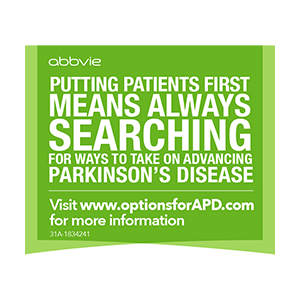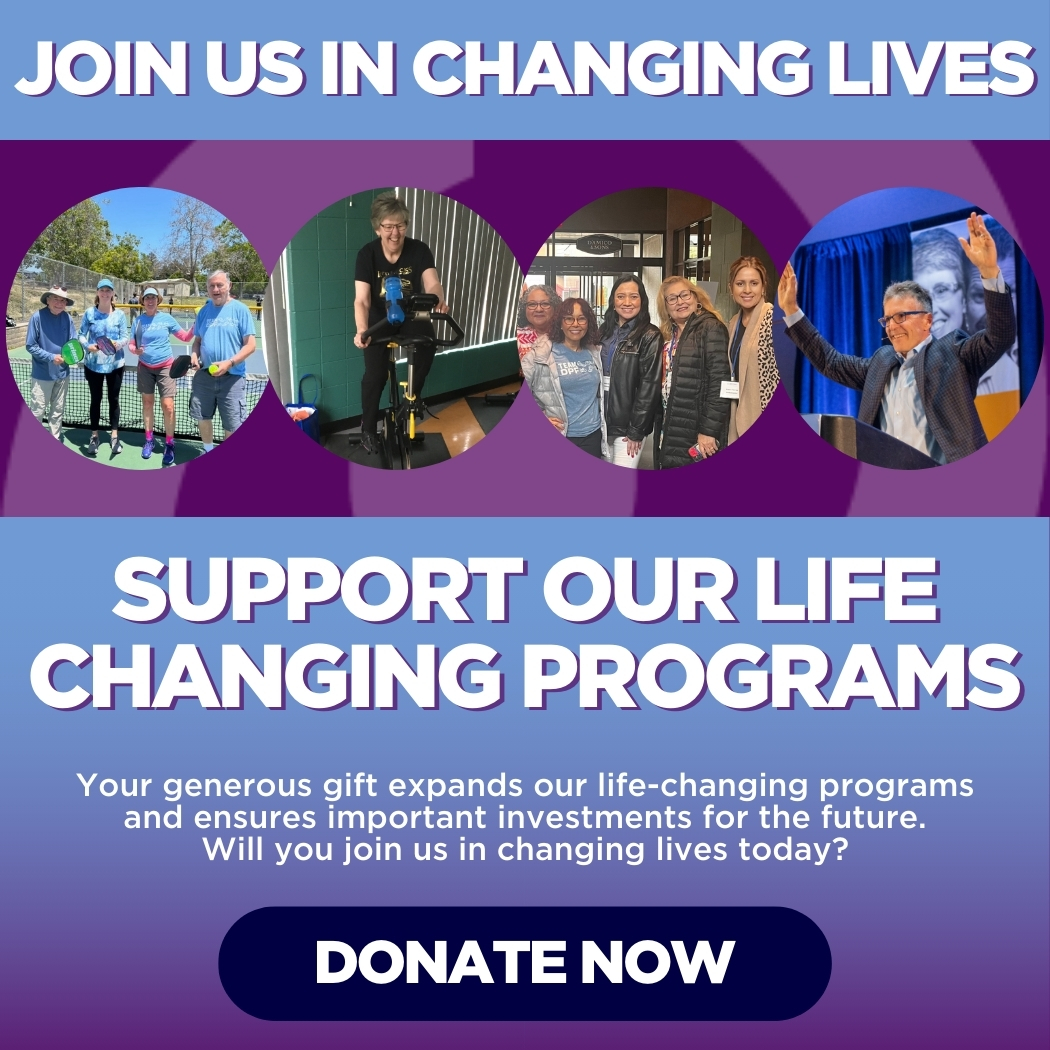
Parkinson’s Care Partner Training with the Davis Phinney Foundation is a comprehensive educational program led by a movement disorder specialist, clinical social worker, registered dietician, and care partner mentors and created specifically for Parkinson’s care partners.
Having spent the past 19 years working with and talking to Parkinson’s care partners much like you, we know that many love caring for their person with Parkinson’s and derive significant meaning and joy from doing so.
And yet many also feel ill-equipped to handle the various symptoms, complications, emotional instability, and cognitive fluctuations that their person with Parkinson’s faces over time.
And that can be a heavy burden. Add to that the fact that most care partners have never received formal training, never planned for this role, and have needs and lives of their own, and it’s no wonder they often feel alone, burned out, and overwhelmed.
If that sounds like you, our Parkinson’s Care Partner Training may be just what you’re looking for.
During these sessions, our experts offer education, tools for building self-efficacy, strategies for managing change, and a game plan for navigating the various complications Parkinson’s may throw your way.
How does the course work?
Each session has been recorded and is available on our password-protected site so you can watch or listen when it works best for you. To gain access to all the sessions and the password-protected site, please click the button below. If you have any questions, please email carepartners@dpf.org.
| Session | Topics |
|---|---|
| Session 1 |
|
| Session 2 |
|
| Session 3 |
|
| Session 4 |
|
| Session 5 |
|
| Session 6 |
|
| Session 7 |
|
| Session 8 |
|
| Session 9 |
|
| Session 10: Wrap Up and Q&A | As this is the last session of the program, we will focus on whatever topics you have questions about. We have been collecting questions every week, and whatever questions we have yet to answer, we will address during this final session as long as they apply to most people. |
Course Facilitators
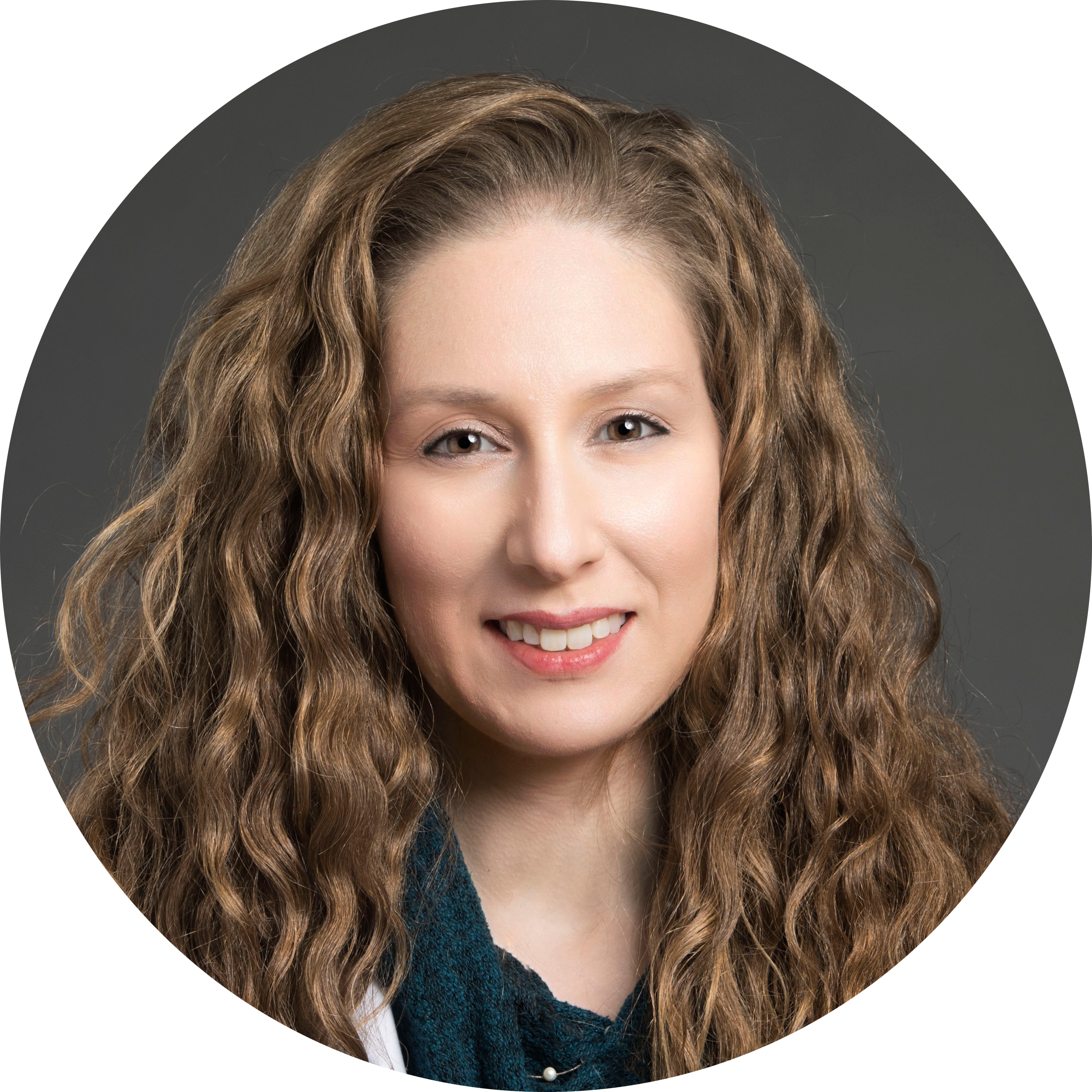
Jori Fleisher, MD, is the Leslie Nan Burridge Endowed Faculty Scholar in Parkinson’s Research and an associate professor of neurological sciences at Rush University Medical Center. She is a movement disorder neurologist and epidemiologist who leads the Rush Advanced Interdisciplinary Movement Disorders Supportive Care (AIMS) Clinic, the CurePSP Center of Care, and directs the Rush Lewy Body Dementia Association Research Center of Excellence, which was recently ranked as the top Center of Excellence nationally. Dr. Fleisher received her Master of Science in Clinical Epidemiology from the University of Pennsylvania, where she completed neurology and global health equities residencies and a movement disorders fellowship. Dr. Fleisher has additional training in health services research, palliative care, and implementation science. Supported by the National Institutes of Health, foundations, and philanthropy, Dr. Fleisher has several studies underway focused on interdisciplinary home visits, telemedicine, interprofessional education, and peer mentoring to improve the lives of people and families living with advanced movement disorders. She collaborates nationally and internationally on several Parkinson’s, PSP, and Lewy body dementia-related grants and task forces. She graduated from the American Academy of Neurology Emerging Leaders Forum and Palatucci Advocacy and Leadership Forum. She serves on the Editorial Board of AAN’s patient-facing Brain & Life magazine and has been awarded the 2020 CurePSP Standout Achievement Award and the CurePSP 2020 Inspiration and Innovation to Cure Award.

Polly Dawkins (Moderator), executive director, brings 25 years of professional expertise to the Davis Phinney Foundation. Her experience includes 13 years working in engineering and international operations for a satellite communications provider and starting a local charity chapter of an international literacy organization. Polly holds an MBA from Thunderbird School of Global Management and a BA in International Studies from Earlham College. Her management skills align with her drive to help people with Parkinson’s by providing resources, education, connections, and actionable research to improve their quality of life.
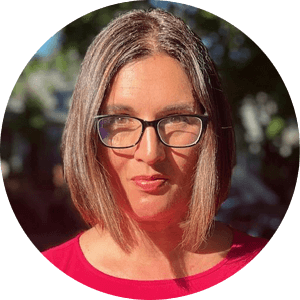
Serena Hess, MA, MSN, RN, served as the home visit nurse during the duration of the research project for three + years, completing >300 visits to homebound individuals with Parkinson’s and related disorders. She is an expert Parkinson’s nurse who has seen everything in people’s homes, including medication management and family dynamics, in her training to get her DNP in geriatric psychiatry.
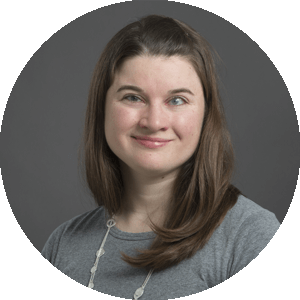
Sarah Mitchell Chen, LCSW, APHSW-C, has been a social worker in the Rush movement disorders clinic for 10+ years, a social worker in the AIMS (movement/palliative interdisciplinary clinic) since 2019, and a therapist in private practice focused on caregivers and c care transitions. She is an expert in navigating the healthcare system, patient/caregiver support, what Medicare/insurance covers and doesn’t, and much more.
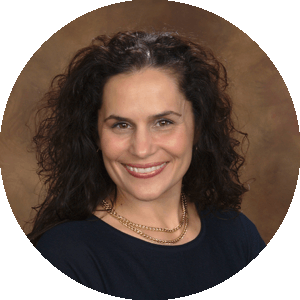
Kristin Gustashaw, MS, RDN, LDN, CSG, is an advanced-level clinical dietitian and certified specialist in gerontological nutrition, the go-to dietitian for a movement disorders practice for many years, and the AIMS Clinic dietitian since 2019. She is an expert in all things nutrition, constipation, unintentional weight loss, food adjustments, and liquid textures.
What will I learn?
Here are several of the topics we'll cover:
- Care Partner Strain and Outcomes
- Patient Advocacy and Managing Change
- Falls and Exercise
- Constipation and nOH
- Medications, Complications, and Advanced Symptoms
- Nutrition
- Depression, Anxiety, Apathy, Loneliness, and Isolation
- Guilt and Anger
- Symptom Management and OFF
- Cognition and Sleep
- Hallucinations and Delusions
- Navigating the Healthcare System, Medicare, and Medicaid
- Anticipatory Grief, Ambiguous Loss
- Self-Efficacy and Resilience
What will I notice, experience, feel, and be able to do after the course?
Our hope is that at the end of this seven-week course, you will:
- Be more aware of the type of care needed to improve their person with Parkinson's quality of life
- Have increased your knowledge about what it means to be a care partner, the skills needed to help yourself and your person with Parkinson's live well, and how to manage change
- Be more confident in your ability to care for your person with Parkinson's and yourself, make appropriate healthcare decisions, and find more joy and meaning in your everyday life
- Increase your connection to the care partner community and apply what you learned from our instructors and your peers on the best ways to build your self-efficacy and resiliency
- Have a robust toolkit you can pull out and employ when the emotional and physical toll of being a Parkinson's care partner increases
- Be able to pay it forward and help fellow care partners you meet along the way live better and thrive in their role and every area of their life
What do I need to participate?
You just need a phone, tablet, or computer with an internet connection and a desire to learn.
Frequently Asked Questions
Nothing! This course is absolutely free. Thanks to AbbVie Grants for making it possible for us to offer this course to our community.
Yes. We will record every session and make them available on a password-protected site for everyone who registers for the course.
Everything you need for the course will be in digital format, and you will be able to access the resources via our password-protected site whenever you need them.
Yes, you can download this PDF and share it with anyone.
We'd like to thank our Parkinson's Care Partner Training Program sponsor AbbVie Grants for supporting this program and making it available for free to all participants.
